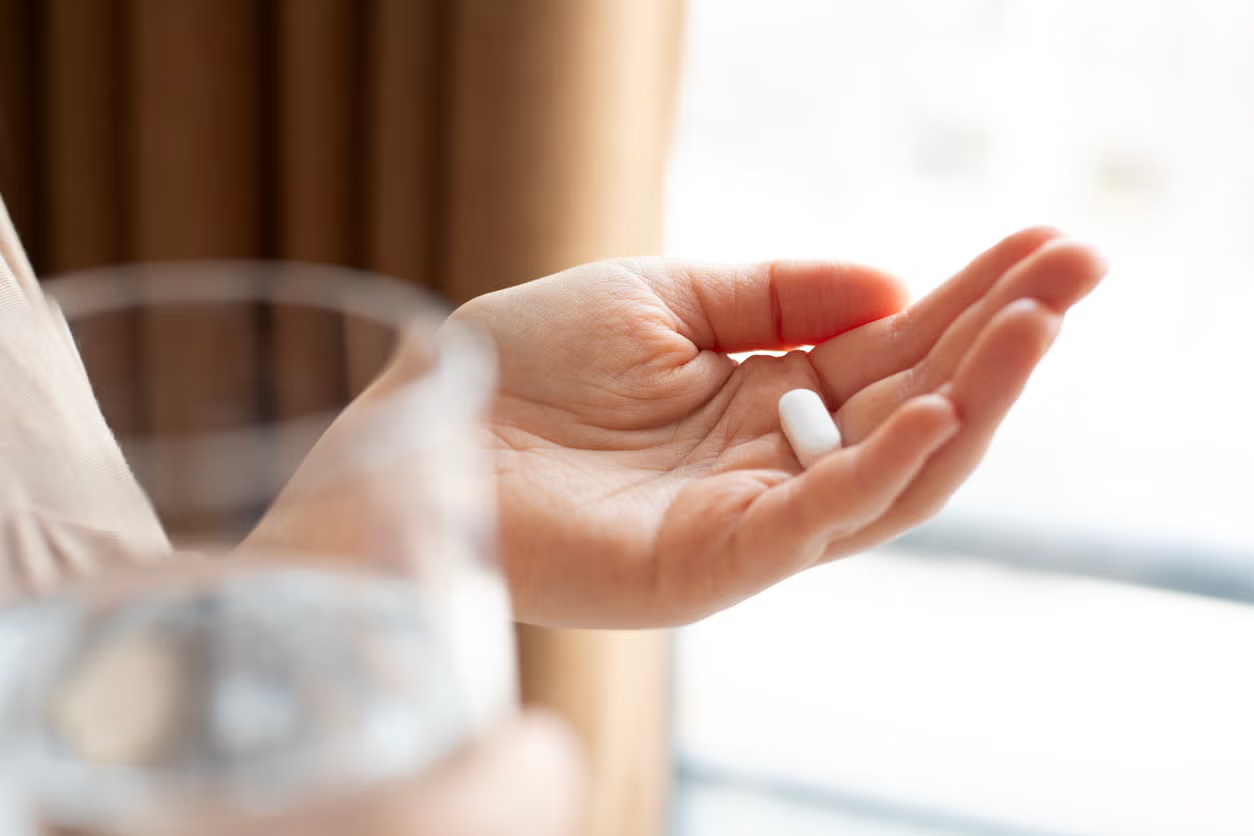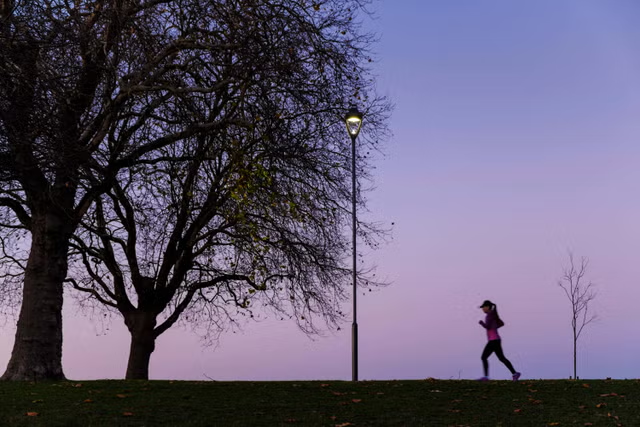Your support helps us to tell the story
Support NowThis election is still a dead heat, according to most polls. In a fight with such wafer-thin margins, we need reporters on the ground talking to the people Trump and Harris are courting. Your support allows us to keep sending journalists to the story.
The Independent is trusted by 27 million Americans from across the entire political spectrum every month. Unlike many other quality news outlets, we choose not to lock you out of our reporting and analysis with paywalls. But quality journalism must still be paid for.
Help us keep bring these critical stories to light. Your support makes all the difference.
A £3 pill has been hailed as the “Ozempic for drinking” after being praised for helping people cut down their alcohol consumption.
The medication in question is naltrexone, which is primarily used to manage alcohol use or opioid use disorder by reducing cravings and feelings of euphoria associated with substance use disorder.
If taken an hour before consuming alcohol, the drug can have a high success rate at getting patients to drastically reduce how much alcohol they consume as it helps fight cravings.
In 2023, the World Health Organisation made a landmark public health decision to recognise the public health burden associated with alcohol use disorders and now recommends the medications of acamprosate and naltrexone to help with management of drinking problems.
The organisation states that alcohol consumption leads to 3 million global deaths per year, and contributes to poor health in millions of people. It is estimated that worldwide close to 300 million people live with alcohol use disorders, including about 150 million people with alcohol dependence.
Writing in The Telegraph, journalist Annabel Fenwick Elliott spoke about her own experience of receiving a treatment programme that involved taking naltrexone to reduce her alcohol intake.
“When I discovered, first through research and then from experimenting with it myself, that this pill works, in such an astoundingly simple way – like ibuprofen for headaches – I was baffled as to why it isn’t common knowledge,” she wrote.

The journalist compared it to the effects of Ozempic, the weight loss injection and diabetes medication that can stunt a person’s appetite.
“What I have found is, I believe, a bit like Ozempic but for people who drink too much, rather than those who overeat.”
Writing about her experience, Fenwick Elliot wrote: “An hour after I first took the pill, I poured a glass of wine and was astounded by the results. It looked like wine. It tasted like wine. It offered the same mild relaxation effect, but the euphoria didn’t kick in. I kept taking another sip, waiting for the chain reaction to fire off; the one that usually takes me to the end of the bottle, but it never did. I took a larger gulp, then half an hour later, did something I hadn’t done in as long as I can remember – I tipped the rest down the sink.”
The journalist says that while she was receiving the treatment ended up “turning down” offers of alcoholic beverages when attending social events because she “genuinely didn’t feel like one”.
The method of curbing alcohol consumption is called the Sinclair Method, which uses naltrexone as an off-switch for problem drinkers. The idea is that the drinker keeps drinking while also taking naltrexone, as developed by Dr David Sinclair, who was an expert in alcohol addiction and worked at the Finnish Foundation for Alcohol Studies.
The drug was first approved in 1984, but it is difficult for GPs to prescribe in the UK due to licensing issues surrounding the medication.
The method of treatment is not offered by the NHS, but in the UK, it be accessed through a private clinic, which also offers addiction counselling.
Disclaimer: The copyright of this article belongs to the original author. Reposting this article is solely for the purpose of information dissemination and does not constitute any investment advice. If there is any infringement, please contact us immediately. We will make corrections or deletions as necessary. Thank you.



